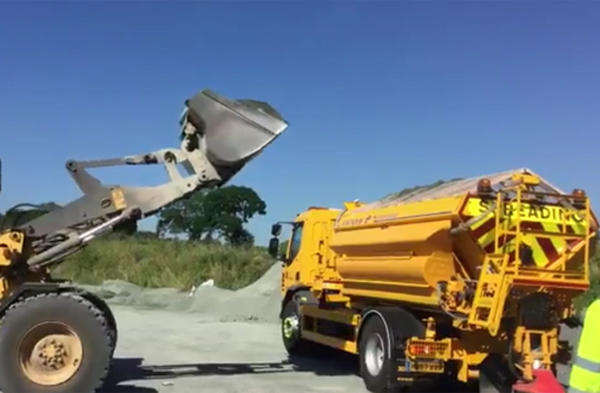Road surface treatment firms should advise their customers that using grit dust on the roads during high temperatures can help keep the road network from melting excessively, their trade body has said.
The Road Surface Treatments Association (RSTA) said the dust, which can be applied through gritters, should be a 3mm or lower grade of granite or equivalent material.
When the dust is put on the road surface, it helps stops excess bleeding onto the surface and makes the lively bitumen inert. This should be done as temperatures reach their maximum - from midday onwards.
The RSTA said that despite press reports, salt should never be used as it will be ineffective in these conditions.

Keith Brett, chair of the RSTA and contracts director at Kiely Bros, said: ‘In light of the high temperatures expected this week and in later summer, we wanted to advise our members and local authorities the risk of melting roads and the safest way to deal with them.’
A spokesman for the Local Government Association said: 'Snow and ice are the last thing on most people's minds at the moment and I'm sure there's been a lot of head-scratching if they've seen our gritters out on the roads in the height of summer.
'However, our gritting teams are once again playing a vital role in keeping the country's roads safe for motorists. This proactive work helps reduce the potential damage high temperatures can inflict on our roads, so keeping them safe and limiting disruption.
'Councils will continue to monitor road temperatures and once the weather cools will begin carrying out repairs if needed.'
Hampshire County Council said it was spreading ‘light dustings of sand’, with older surfaces in exposed, rural, and south facing locations most likely to be affected.





